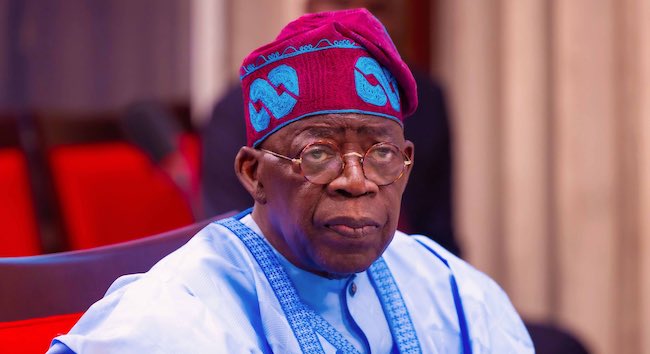Former presidential spokesperson, Laolu Akande, has called for thorough electoral reforms that will assert the independence of electoral umpires and ensure that court cases are finalised before elected officers are sworn in into their different offices.
The veteran journalist and political analyst made a case for this when he featured on the Channels TV’s live interview session on Seun Okinbaloye’s Politics Today.
He was opposed to a situation where for instance, the President won’t be able to sit down for the serious business of governance months after his swearing-in because of distraction from litigation matters.
According to him, “I think we have lost a bit of time for those elected to do the work because they have to contend with all the litigations after they have been sworn in. It takes away from the time they have to deliver for the Nigerian people and that is some of the things we have to talk about in the electoral reforms.”
According to him, “Shouldn’t we have a situation where cases are completed before swearing in and this is the case in some of the African countries including Kenya, and in a place like the United States. This is a model which lays more emphasis on governance.”
“Quite frankly, in the last 140 days, the President couldn’t have the opportunity to fully pay attention and he said the last time he was in Paris that he couldn’t sleep after the judgement of PEPT and that tells you this type of litigation is a distraction.
Akande also called for the independence of judges, saying, “We hope that indeed the judges will jealously guard their independence. A very critical pillar for any constitutional democracy is to have independence of the judiciary and it is such a big deal.
“In a place like the US, the President appoints Supreme Court justices and we have seen several instances in that country and elsewhere that a Republican President appointed a judge and once he or she gets into office, will dispense the law according to the facts and the law. So, even though the President is the one who has the powers here, we will hope that our judiciary will remain independent.”
On why it has been difficult to upturn the votes of the President even when challenged by the opposition at the Tribunal and in Appeal Court and subsequently at the Supreme Court since 1999, Akande noted that it is a cumbersome process and the complexity of the Nigerian geography.
“The burden that the petitioners have to discharge to be able to remove a President in an election petition in a country so big and so large, and if you will look at the experiences we’ve had since 1999, how difficult it has been to have a reversal due to the amount of work, the geography of the country and the number of the electoral polling units that we are talking about and how many of those units at a reasonable given time for them to be able to say we were here and we knew this, it is such a Herculean task.
“We must have that discussion to find a way to sort this matter out. The election was held in February and we are now in October, eight months after we are still talking about whether some people are still disgruntled. One of the things for me that I have seen is that it is very important for people that are contesting political offices who want to be lawmakers, governors and president, it is very important for them to go according to rules,” Akande said.
He continued: “There is a time when if I am contesting against you and your information is brought out, you are a candidate of your party, or even at your party level, there is a time people can make observations as to some of the things that you have filed, and that is under the electoral act, there is a regulation for that, you can make comments and raise objections. People who are contesting should make use of that opportunity to sort the issues.
“What happens in most cases and in this issue is that time has lapsed and now a very important thing has happened the electorate have expressed their will, and people have voted so it is like the horse has already bolted. Once the will of the electorate has been expressed, it is such a difficult thing to overturn.”
Speaking further on the independence of INEC, Akande said, “Let’s start from its name, Independent National Electoral Commission (INEC), this is one of the baggage we got from the military rule even though we call this agency, independent, we have the President doing the nomination of the members of that independent commission.”
“I think we have to do better. This is one area where our electoral reforms have to be dusted up. Again, there are places around our world where it is not the role of the President to appoint people who will be umpires in an election where he or she is a party. This is one of the things we have to look at critically. Look at the US, there are two dominant political parties, the Republican Party and the Democratic Party. They figured out that they have to share the powers of those who are the leaders of the electoral commission though their election is mostly state-based.
“At the national level, what happens is they have co-chairmanship of the electoral commission, the Democrats will nominate one chairman and the Republicans will nominate one chairman, two co-chairmen. That way, they can make sure that there is a balance.
” The system we have today since 1999 where it is the President that nominates we need to look at it and this president being a thoroughbred democrat by himself should lead the way to push for these reforms,” Akande said.


